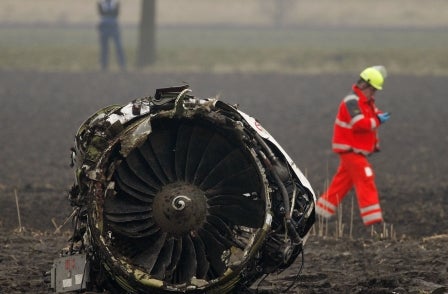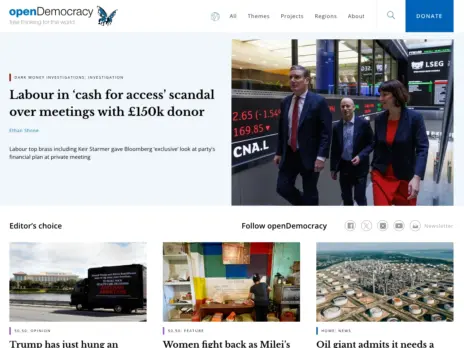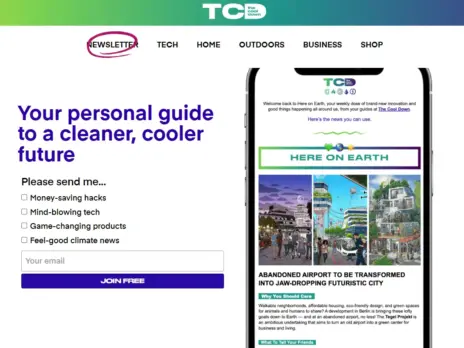
On a Wednesday morning just over four years ago news of a Turkish Airlines plane crash at Amsterdam’s Schiphol airport dropped on to the wires. Given the seriousness of the incident, the news would go on to lead the bulletins for the rest of the day and feature on many of the following morning’s front pages.
In the Channel 4 newsroom, with under two hours to go before the first programme of the day went on air, producers began piecing together elements of the story. As with all news events of this nature the eyewitness would play a key part in the story telling.
Someone, perhaps the presenter, suggested we use Twitter to find our eyewitness. We’d launched the @channel4news feed ten months earlier and had thus far used it to shine a discreet light on the production process, tweeting (judiciously most of the time) from the morning conference, but little else. We hadn’t yet tried it out as a newsgathering tool.
So in February 2009 we tweeted our request more in hope than in expectation. Sure enough, nobody in our network had been at the airport but (and here’s the beauty of the network) a number of our followers retweeted the message and it wasn’t long before someone came forward. Our eyewitness was two, perhaps three, degrees of separation away.
At that point, old school reporting techniques took over. Presenter Krishnan Guru-Murthy made formal contact, credentials were checked and, via an ordinary phone line, our man was describing what he had seen live on air.
The moral of the story? Social media doesn’t replace conventional media; and new techniques don’t replace old. However, social media does extend reach and, invariably, accelerates the newsgathering process. It complements, it supplements, it enhances. Not bad for 140 characters.
Austrian journalist Nadja Hahn came to a similar conclusion when she put together a 15-minute radio documentary about how couples manage money matters and what impact that may have on their relationship.
In a post titled What It’s Like To Tell A Story Without Social Media And Why I will Never Do So Again, and published late last year, she described an opportunity missed from not going social. She wrote:
It was very difficult to find couples, happy or divorced to talk. Social media might have helped me find people. I could have used Facebook to ask my friends if they wanted to talk or knew someone who would. I could have used a Facebook account of my radio station to do this, if we had one. I could have used my personal Twitter account to ask a question, like: Did money kill your relationship? Contact me at this email address. In addition, I could have used the Twitter account of the station or programme. If we had one.
I could have used quotes from Twitter and Facebook on air. The Twitter and Facebook pages for the programme could have been platforms for people to discuss the issue, they could have shared experiences. I could have connected people to experts for family finances.
Now she has written a report on this very subject for Polis, the LSE’s media think-tank. Charlie Beckett, who heads up Polis and is a former broadcast news journalist, has been a long-time advocate of what he calls “networked journalism”. He writes of it:
It can become more open, responsive, more creative and diverse. It can add depth, variety, and reach. It can tap into wider expertise and accountability networks beyond the newsroom.
And that doesn’t just apply to the public service broadcasting – it applies across the media landscape. Now Beckett and Hahn are looking for feedback and further examples of how social media can be applied to the process of news. You can find out more here. Or, more appropriately, here.
Email pged@pressgazette.co.uk to point out mistakes, provide story tips or send in a letter for publication on our "Letters Page" blog






